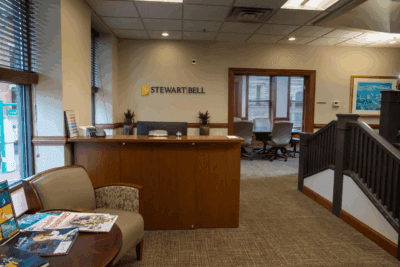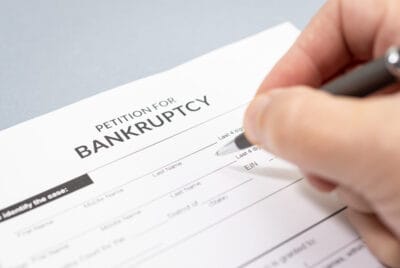
The State of West Virginia owns and maintains tens of thousands of miles of highways, employs thousands of workers and grapples with upkeep for countless acres of state and municipally owned structures on a regular basis. With all this responsibility and area to cover, something could easily go wrong, leading to a situation where a person is injured and wishes to recover damages for their injury through a civil lawsuit claim.
Injured individuals can claim damages against state agencies and municipalities in these situations in much the same way as they would from any other individual person or corporate entity, albeit with many large “catches.” State law limits the actions that can be taken against these agencies, for instance, and it also limits the amount available to recover to injured individuals.
Nevertheless, claim holders can seek compensation for the medical costs of their injuries and any other monetary damages with the help of a Charleston slip and fall accident lawyer. Read on to learn about the limitations you might face and why the process may be different from a typical injury lawsuit.
Requirement of Notice and Statute of Limitations
Before a person can file an official claim or complaint against a West Virginia government agency, they must provide at least 30 days notice to the Attorney General’s office. [West Virginia Code §55-17-3] The Attorney General and all related parties then have 60 days to respond to the alleged complaint.
Additionally, claims cannot be filed more than 2 years after the date in which the injury occurred or, in some cases, 2 years after the day in which the claimant discovered the extent of their injury. [§29-12A-6]
Limited Liability of State Employees
If an employee of the state of West Virginia or its municipalities (political subdivisions) causes an injury, they are immune to any recovery action against them as long as they were operating within the scope of employment and acting in good faith without malicious intent or reckless behavior. [§29-12A-5]
Liability for State-Maintained Public Roads and Structures
State and municipal agencies have a duty to maintain publicly accessible structures like sidewalks, roads, bridges, tunnels and public grounds. These structures must be “open, in repair” and “free from nuisance.” [§29-12A-4]
Anyone injured because these structures were in a state of disrepair must be prepared to prove that their own actions did not contribute to the likelihood of injury through negligence. In other words, the state could potentially argue that the danger was open, apparent and visible to all who used the normal level of vigilance.
Limitation of Recovery Amounts
Recovery for injury costs is limited to the amount payable under the relevant liability insurance policy held by the state. Depending on the wording of these policies, the amount available may be quite small compared to a settlement with a typical insured person or company. The recovery amount is also limited to strictly monetary damages, so it cannot include punitive damages or non-monetary costs like pain and suffering.
Working With a Charleston Slip and Fall Lawyer
Even with all of these limitations, lawsuits against the state are sometimes the only means for claim holders to obtain compensation for the high costs of their injuries.
Contact an attorney to explore your options and ensure compliance with state procedure. You may also be able to identify other non-governmental liable parties to potentially make civil complaints against for the same injury incident, adding to your capacity to recover damages.





